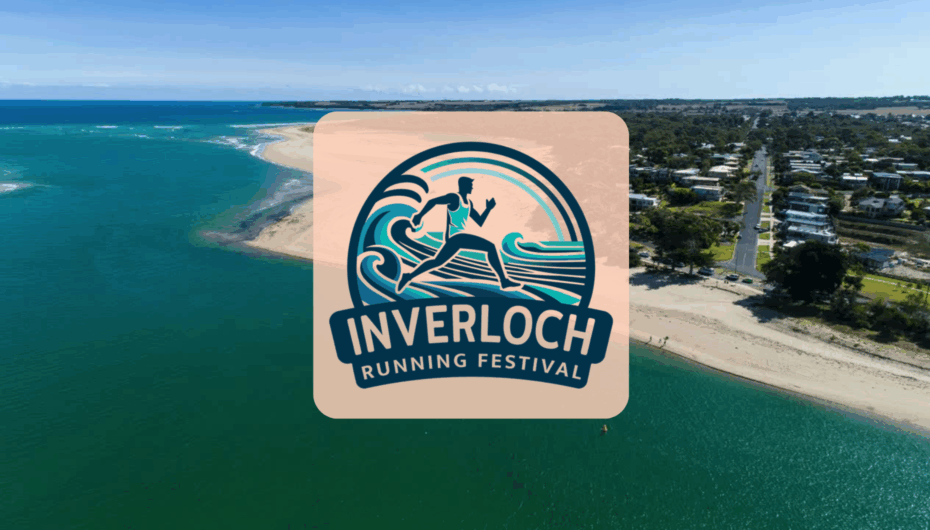
When it comes to fuelling your body for running, most people focus on carbs. But if you’re not giving protein the attention it deserves, you’re missing a massive piece of the puzzle. Protein isn’t just for bodybuilders. It’s essential for runners, too. Not just for recovery and muscle repair, but for immune health, injury prevention, and maintaining performance over time.
How Much Protein Do Runners Actually Need?
Forget the old-school advice that 0.8g of protein per kg of body weight is enough. That number is the bare minimum to avoid deficiency, not to optimise performance or health. Active people, especially endurance athletes like runners, need significantly more.
Current recommendations for athletes suggest anywhere from 1.2 to 2.0g of protein per kilogram of body weight per day, depending on training intensity and goals. If you’re trying to preserve lean muscle mass while reducing body fat, you should have as much as 3.0g per kilogram of body weight. For a 60kg runner, that’s about 72 to 120g of protein daily, or 180g when in calorie deficit.
But it’s not just about the total amount. Timing and type of protein matter too.

Timing Protein Intake Around Training
Protein isn’t just about what you eat after training. To get the most out of your sessions and protect your joints and tendons, strategic timing is key. That’s where collagen comes in.
Why Collagen Before Training Matters
Collagen is a specific type of protein rich in glycine, proline, and hydroxyproline – amino acids that are essential for connective tissue like tendons, ligaments, cartilage, and fascia. Unlike whey or meat-based proteins, collagen might not be great for building muscle because it’s low in leucine. But it plays a huge role in injury prevention and rehab.
Studies show that consuming 15g of hydrolysed collagen about 30 to 60 minutes before exercise can stimulate collagen synthesis in tendons and improve tissue strength, especially when paired with 50mg of vitamin C. This is crucial for runners dealing with or trying to prevent issues like Achilles tendinopathy, ITB syndrome, or patellar tendinopathy.Your best bet? Take 15g of collagen (such as Chief Collagen Powder) half an hour before you train. Over time, this can help remodel damaged tissue and strengthen vulnerable areas, particularly under repetitive stress like running.
Focus on Leucine-Rich Proteins Post-Training
After training, the priority shifts from injury prevention to muscle repair, recovery, and adaptation. That’s where proteins rich in leucine, such as whey or beef isolate, shine.
Leucine is the key amino acid that switches on muscle protein synthesis (MPS), the process of rebuilding and strengthening muscle after exercise. Aim for at least 2.5g of leucine post-training, which you’ll get from about 20-30g of high-quality whey or beef protein.
Whey is fast-digesting, ideal for immediate recovery, and often better tolerated than casein or plant proteins. Beef protein isolate is another solid option, especially for those avoiding dairy.
Whole Food vs. Protein Bars
Not all protein sources are created equal. Many mainstream protein bars are packed with artificial sweeteners, low-grade protein blends, and sugar alcohols that can wreak havoc on your gut. Ever felt gassy, bloated, or like your stomach was doing backflips after eating a bar? That’s why.

Sugar alcohols and added fibres like inulin can ferment in the gut, causing bloating, diarrhoea, or gas, especially for those with sensitive digestion (which, let’s face it, is most runners).That’s why Chief Bars are different. They’re made with real food ingredients like grass-fed beef, nuts, seeds, and dried fruit. No artificial crap. They’re easier on the gut, nutrient-dense, and more satiating than your average bar. If you’re going to grab something quick, it should still serve your body.
What About Gut Health?
Long-distance running is a double-edged sword. While it’s great for heart health and mental clarity, it can be brutal on your gut lining. Repetitive impact, stress hormones like cortisol, and reduced blood flow to the GI tract during exercise can all contribute to increased gut permeability (aka “leaky gut”).
If you’re noticing signs like bloating, nausea, diarrhoea after long runs, or just general food sensitivities, your gut might need some extra love.

Research supports using 5g of glutamine paired with 75mg of zinc carnosine daily to help repair the intestinal lining and reduce inflammation. This combo supports tight junction integrity in the gut wall, which can prevent unwanted particles from leaking into your bloodstream and triggering immune reactions.
Many runners find this especially helpful during heavy training blocks or after antibiotics, illness, or periods of high stress.
Putting It All Together: A Sample Day for a Runner
Morning (Pre-Training)
- 15g hydrolysed collagen + 50mg vitamin C, 30-60 min before your session
Post-Training (Within 1 Hour)
- 25-30g whey or beef protein isolate (aim for 2.5g+ leucine)
- Add some carbs for glycogen replenishment if the session was long or intense
Throughout the Day
- Aim to get 20-30g of high-quality protein with every meal
- Prioritise whole food sources: eggs, beef, chicken, fish, yoghurt, cottage cheese, Chief Meat bars, and Chief Biltong
Evening (Recovery & Repair)
- 5g glutamine + 75mg zinc carnosine before bed or with dinner to support gut health

If you’re serious about your running, you need to be just as serious about your protein strategy. Different proteins serve different purposes; collagen for tendons, whey for muscles, whole foods for overall health. Getting the right type of protein at the right time can be the difference between staying strong or breaking down.

Stay Ahead of the Pack
Get the latest races, coaching tips, and running club updates delivered straight to your inbox.



